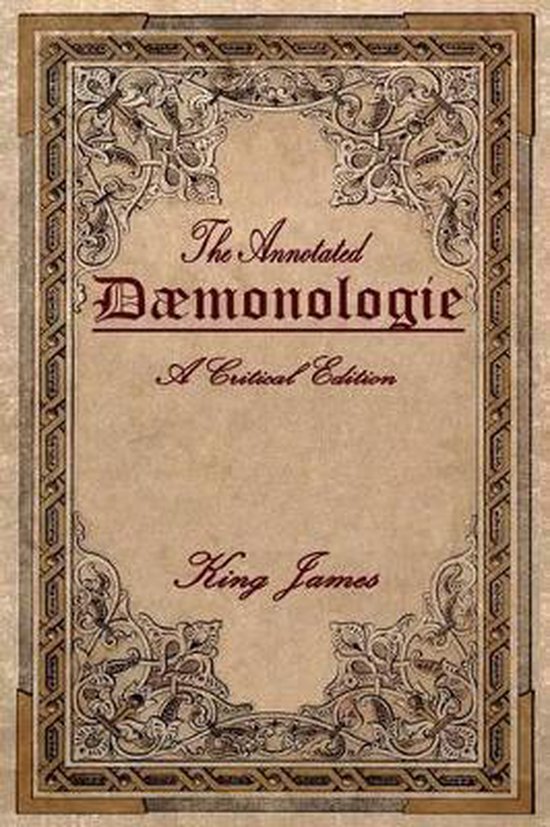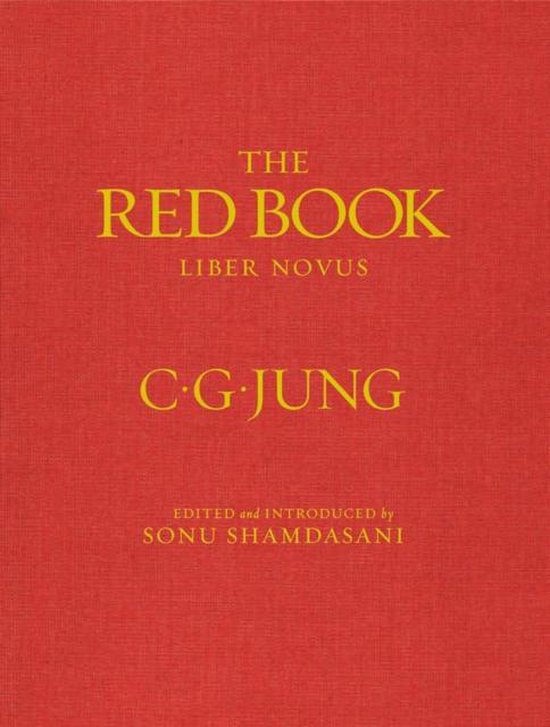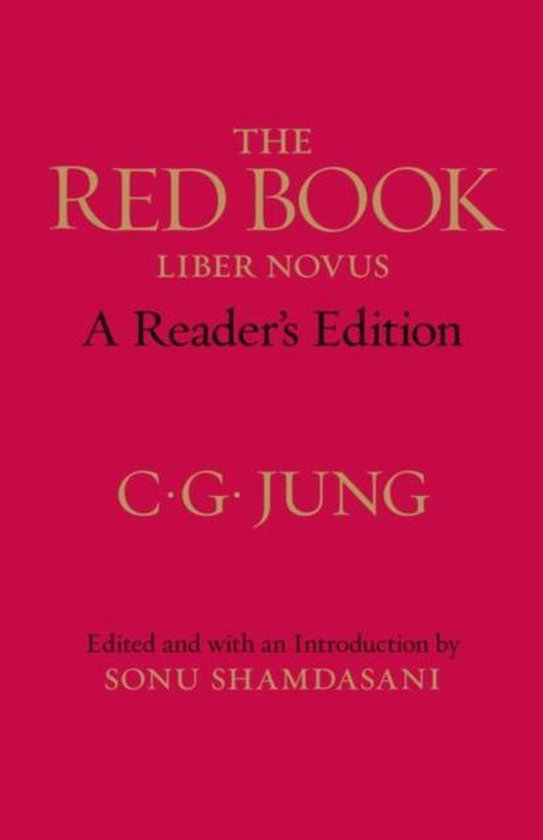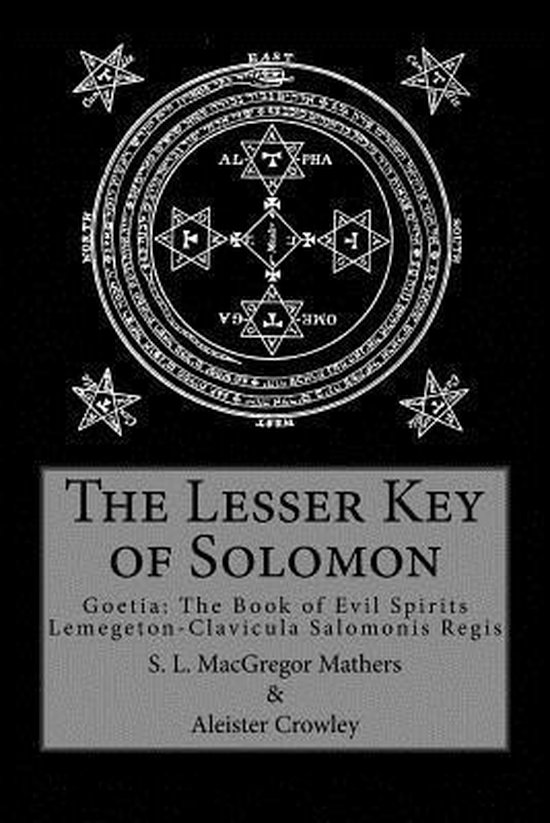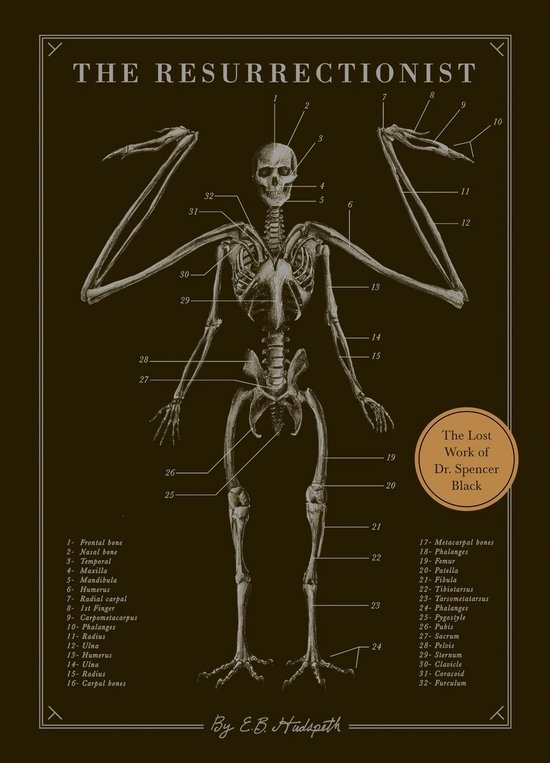
Black Books
More than ten years after the landmark publication of The Red Book, the most important unpublished work by C.G. Jung— The Black Books— appears.
In 1913, C.G. Jung started a self-experiment that he called his “confrontation with the unconscious”: an engagement with his fantasies, which he charted in a series of notebooks referred to as The Black Books. The Red Book drew on material recorded therein to 1916 but Jung continued to write in them for decades. The Black Books shed light on the elaboration of Jung’s personal cosmology and his attempts to embody insights from his self-investigation into his life and relationships. Magnificently presented, featuring a revelatory essay by Sonu Shamdasani, and both translated and facsimile versions of each notebook, these "unmistakably Holy Books" ( Times Literary Supplement) offer a unique portal into Jung’s mind and the origins of analytical psychology.
In 1913, C.G. Jung started a self-experiment that he called his “confrontation with the unconscious”: an engagement with his fantasies, which he charted in a series of notebooks referred to as The Black Books. The Red Book drew on material recorded therein to 1916 but Jung continued to write in them for decades. The Black Books shed light on the elaboration of Jung’s personal cosmology and his attempts to embody insights from his self-investigation into his life and relationships. Magnificently presented, featuring a revelatory essay by Sonu Shamdasani, and both translated and facsimile versions of each notebook, these "unmistakably Holy Books" ( Times Literary Supplement) offer a unique portal into Jung’s mind and the origins of analytical psychology.
| Auteur | | C. G. Jung |
| Taal | | Engels |
| Type | | Hardcover |
| Categorie | | Psychologie |
